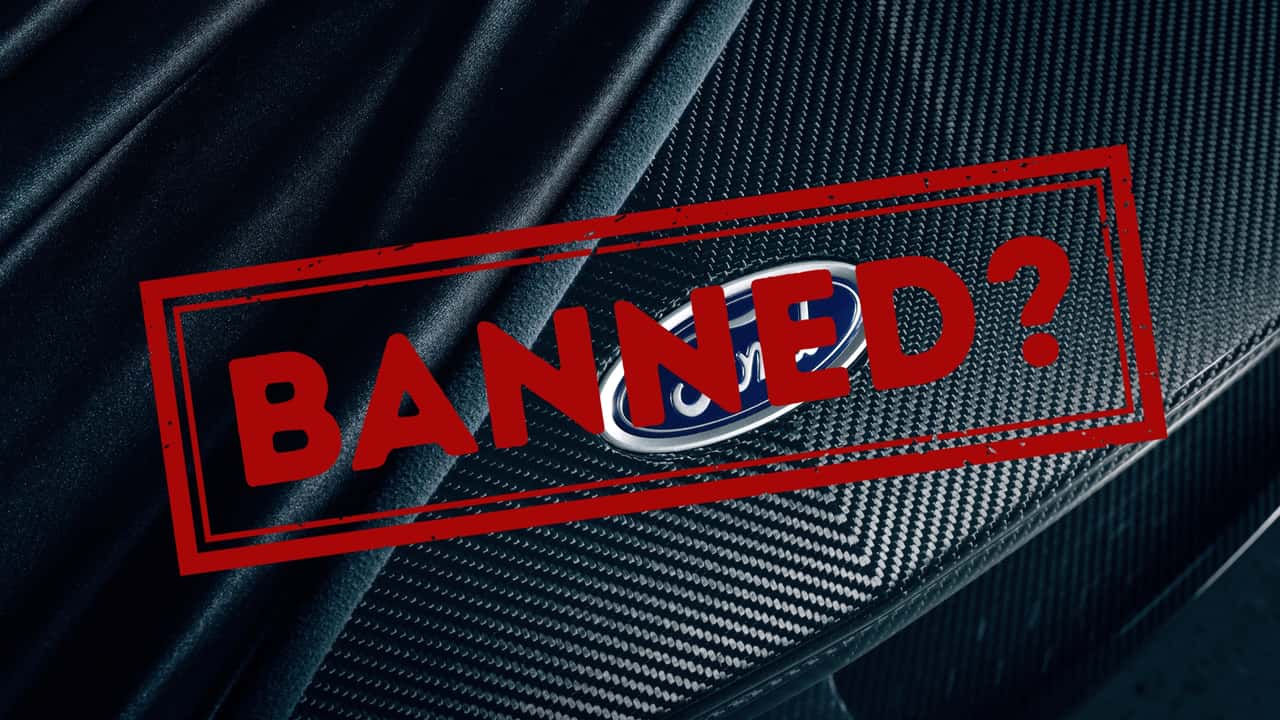
Automakers use carbon fiber as a way to keep their vehicles light, yet strong. Sports car and EV makers especially love the lightweight material for its durability and weight savings. But if the European Union has anything to say about it, carbon fiber could be deemed a “hazardous material” under EU law, putting dozens of automakers at risk.
An amendment drafted by the European Parliament aims to add carbon fiber to the EU’s list of hazardous materials. That currently includes lead, cadmium, mercury, and hexavalent chromium—materials still used sparingly in automotive and aircraft manufacturing.

Hyundai N Carbon Fiber Wheel
The amendment was added under revision to the EU’s End of Life Vehicles Directive—the government arm directly responsible for recycling discarded vehicles. The EU believes that carbon fiber filaments could become airborne and be harmful if they come in contact with human skin. This is the first time anywhere in the world that a governmental entity has deemed carbon fiber a hazardous material.
If Parliament officially adopts the amendment, it would take effect in Europe beginning in 2029. Companies would gradually have to wind down carbon fiber use in their manufacturing. Auto manufacturing alone accounts for up to 20 percent of all carbon fiber use worldwide.
Stocks of Japan’s carbon fiber manufacturers fell sharply following the announcement by the EU, according to Nikkei Asia. Asian brands would be hit hardest by the carbon fiber ban, with Teijin, Toray Industries, and Mitsubishi Chemical accounting for 54 percent of the entire carbon fiber manufacturing market globally. Europe accounts for the vast majority of all other carbon fiber manufacturing.

Photo by: Classic Creations
Carbon Fiber Shelby Cobra Race Car
Sports car and supercar makers would undoubtedly be hit hardest by the proposed ban, but certain electric vehicle manufacturers would also suffer. EV makers like BMW, Hyundai, Lucid, and Tesla all use carbon fiber extensively in their construction.
The good news is that carbon fiber was a $5.5 billion industry in 2024, which means the amendment will face strong opposition from the aircraft and automotive sectors before it becomes law.
More From The EU
European Union Reaffirms 2035 Ban on New Gas Cars
Porsche Will Reportedly Stop Selling The Gas Macan In Most Of Europe
Source: European UnionNikkei Asia
